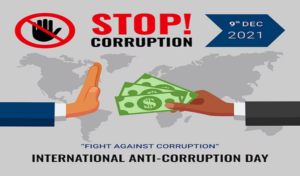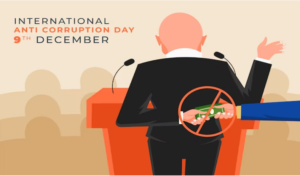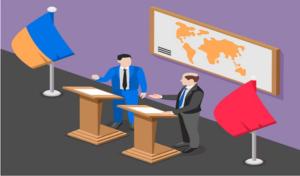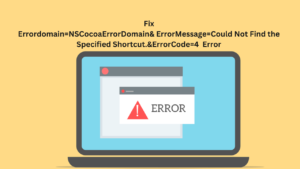Examining the connection between money and politics
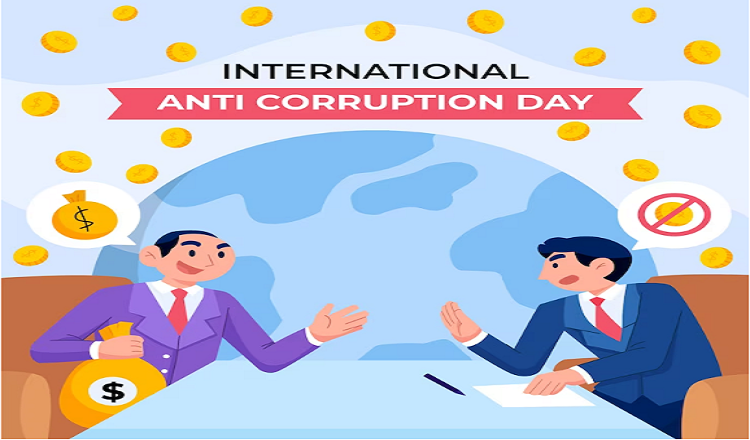
Introduction
Politics have always been about money in a big way. From campaign contributions to lobbying, lawmakers and political parties have always needed money to fund their campaigns and keep their power. But the link between money and politics is often controversial, and many people question whether it is ethical or moral to use money to try to change how politicians make decisions. In this piece, we’ll talk about how money affects politics, the different ways money is used in politics, and what that means for democracy.
How money plays a role in politics
Paying for a campaign
Campaign funding is one of the most common ways that money is used in politics. Political campaigns cost a lot of money, so candidates and political parties often need gifts from people and groups to pay for them. This can be anything from a small donation from a single person to a large payment from a business or a group with a specific interest.
The problem with campaign financing is that it can lead to a system of favouritism in which lawmakers are indebted to their donors and put their interests ahead of those of their constituents. Critics say that this can hurt democracy because politicians may start to care more about what their donors want than what the people they serve want.
Lobbying
Lobbying is another way that money is used to try to change what politicians do. Lobbyists are people or groups who try to change the laws and policies of the government on behalf of their clients. This can be anything from companies trying to get better tax laws to campaign groups trying to make social and political changes.
Lobbying isn’t always a bad thing, but when lobbyists have too much power over lawmakers, it can become a problem. This can happen when lobbyists have access to politicians through campaign donations or personal relationships, or when politicians depend on lobbyists to write laws.
Super PACs
Political Action Committees (called “Super PACs”) are another way that money is used in politics. Super PACs are independent committees whose only job is to spend money on political campaigns. They can raise an endless amount of money for this purpose. Super PACs can also get money from people, businesses, and other groups, as long as they don’t work with politicians or political parties to spend the money.
The problem with Super PACs is that they can let rich people and businesses influence political elections without having to say who they are. This means that a small number of wealthy donors could have a lot of power over political campaigns, which raises questions about how fair and clear the political process is.
What money does to politics
Inequality
One of the most important things that money can do to politics is cause inequality. When rich people and businesses can give a lot of money to political campaigns and push for policies they like, it creates a system in which the interests of the few can be more important than the interests of the many. This can make the government pay more attention to the needs of the rich and powerful than to the needs of regular people.
Corruption
Corruption is another thing that might happen because of money in politics. When lawmakers need money from donors to run their campaigns, it can make them feel like they have to do favours for their donors in return for the money. This can make it so that lawmakers care more about making their donors happy than about doing what’s best for the people they represent.
Not trusting
The public’s trust in the political system can also be hurt by money in politics. People may be less likely to take part in the political process if they think the system is set up to help certain people or groups. This can make people not want to vote, not care about politics, or even get angry about politics.
Conclusion
The link between money and politics is complicated and often a source of debate. Money is needed to pay political campaigns and help political causes, but it can also lead to an unfair, corrupt, and undemocratic system. To keep our political system fair and just, we need to work to limit the power of money in politics and make sure everyone’s voice is heard. Only then will we be able to make a government system that really works for the people.
Read More You May Like:

